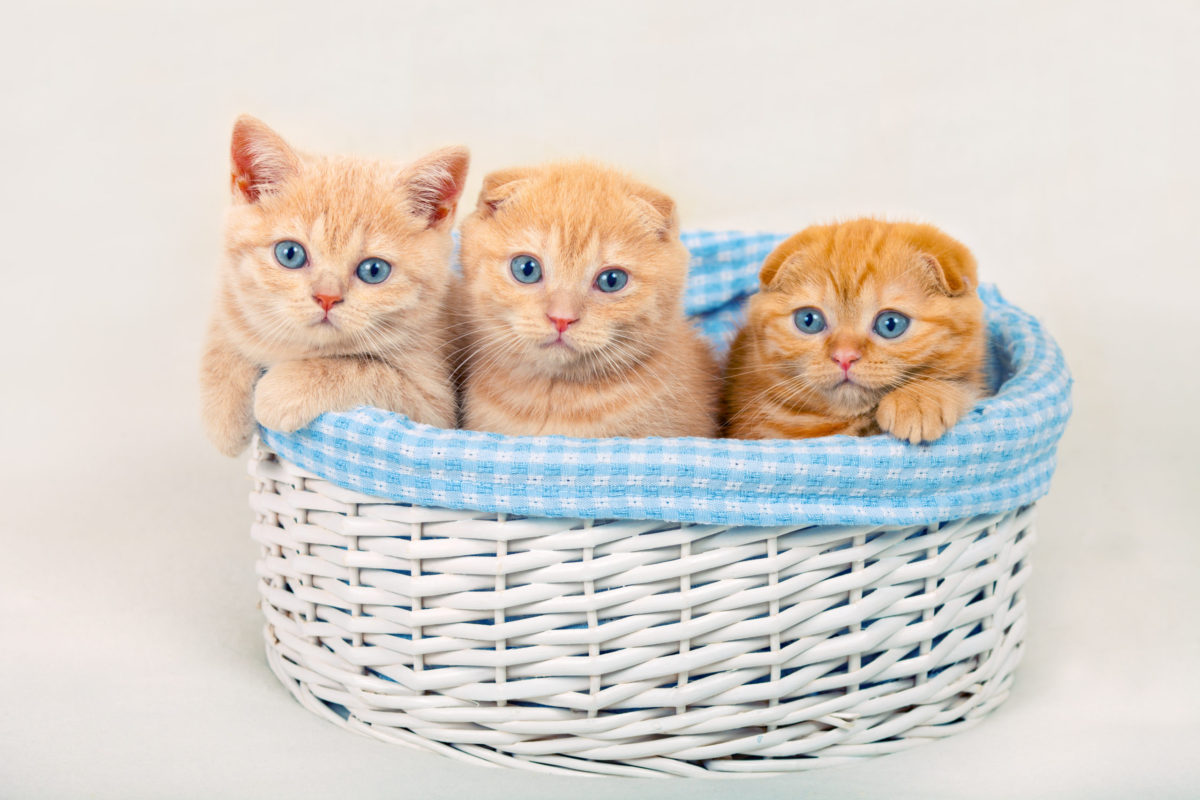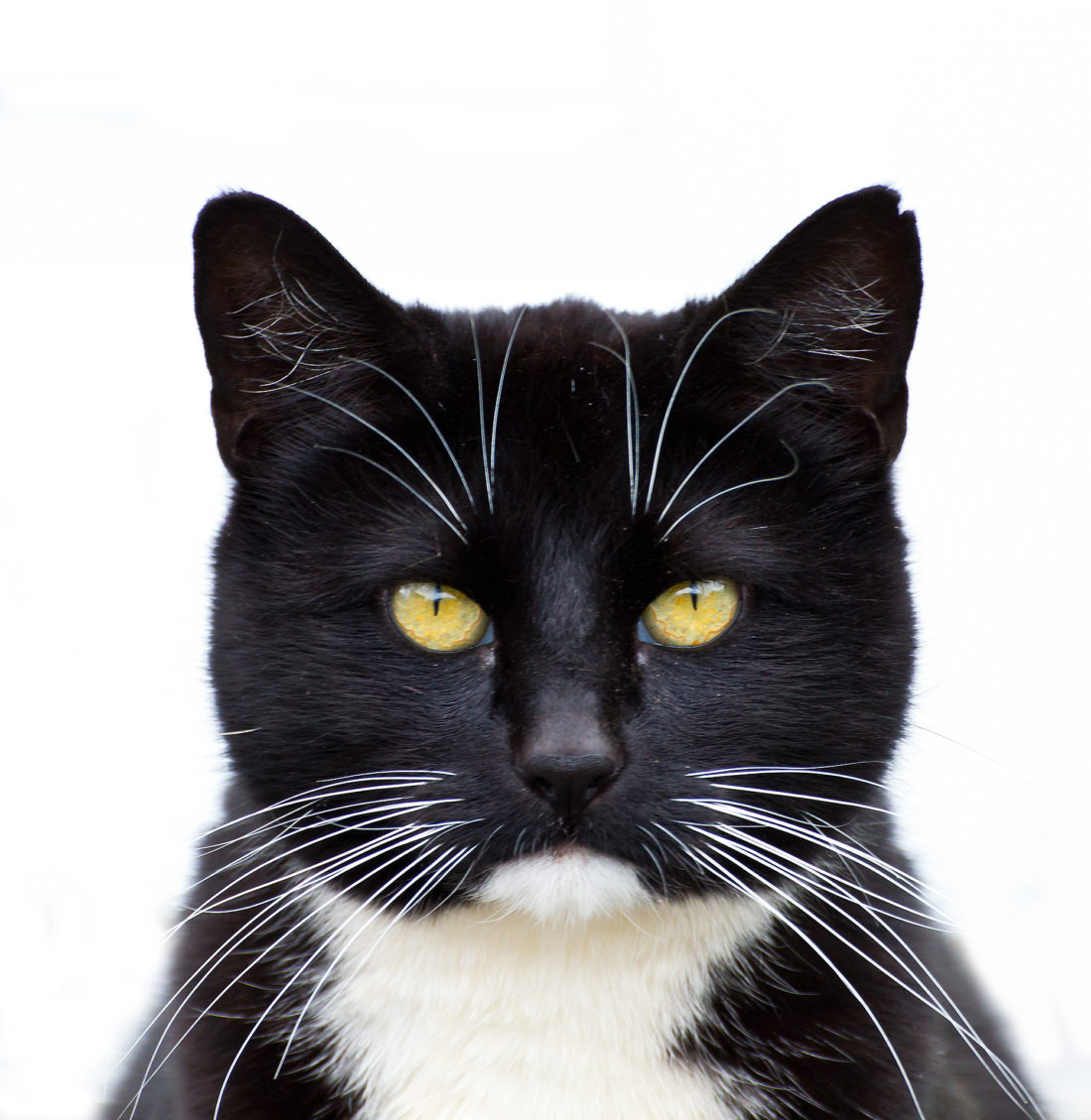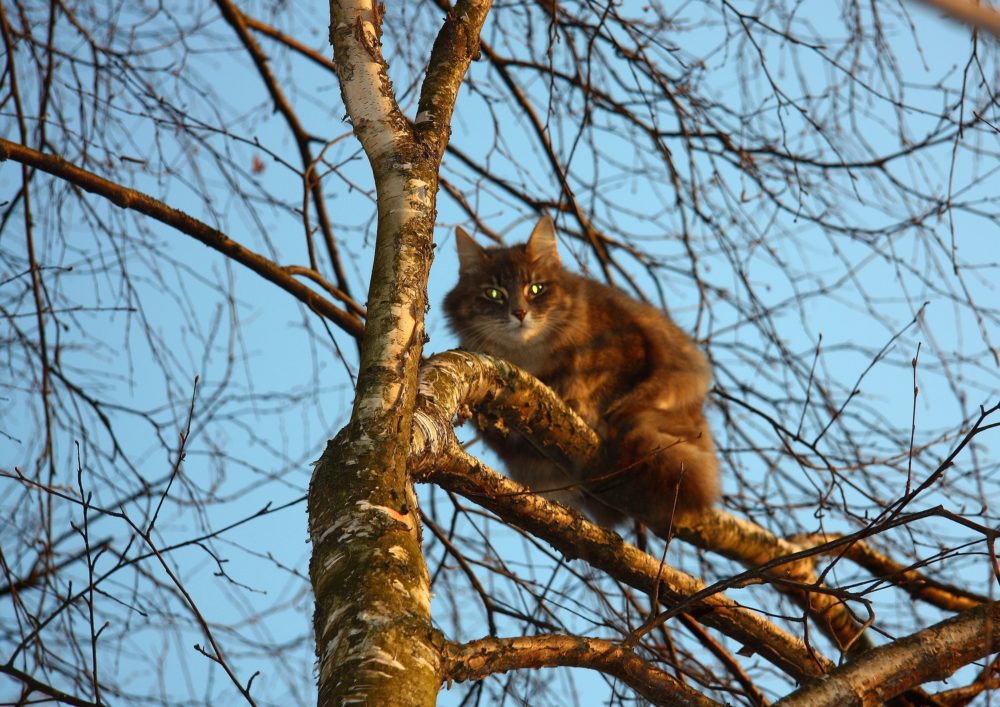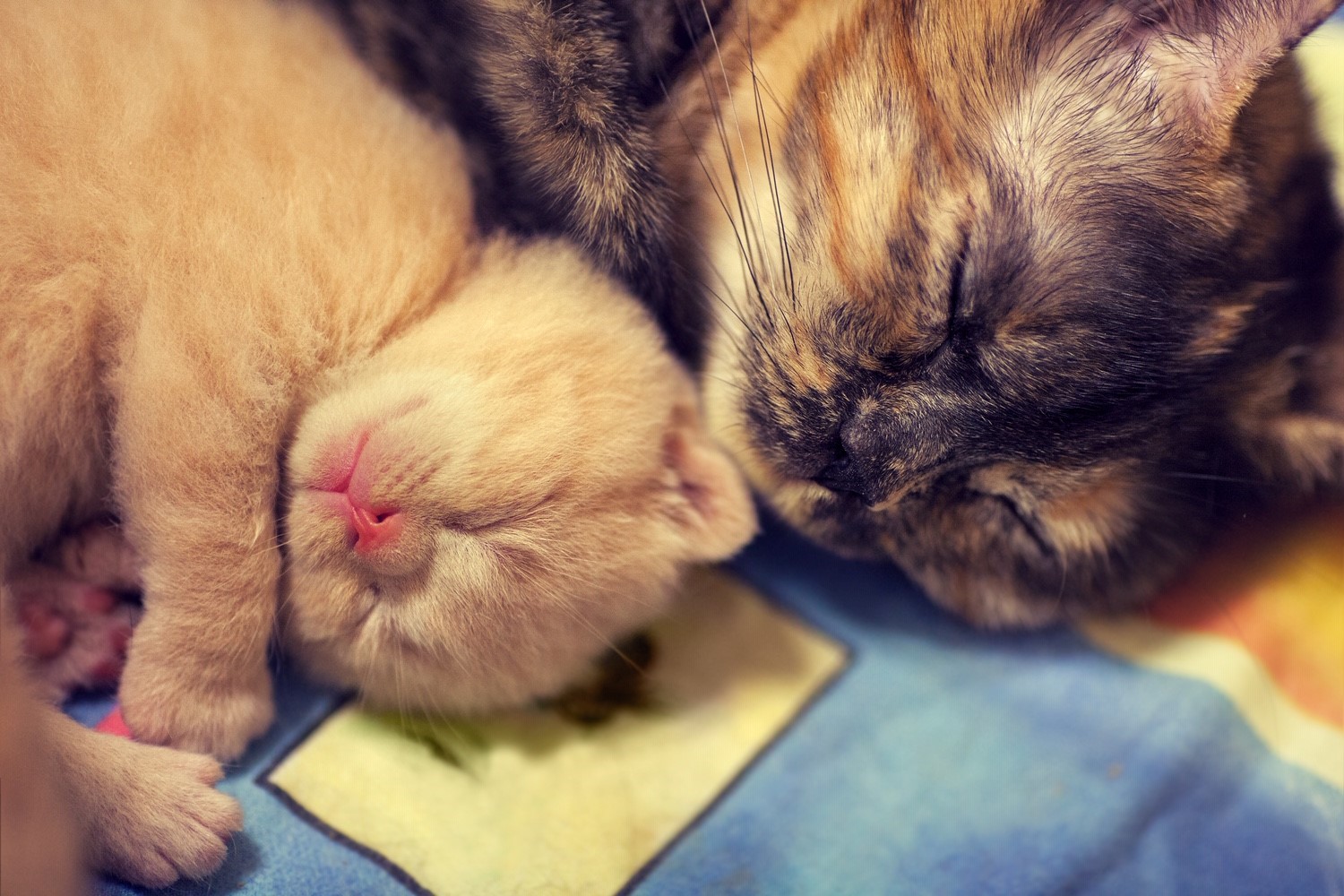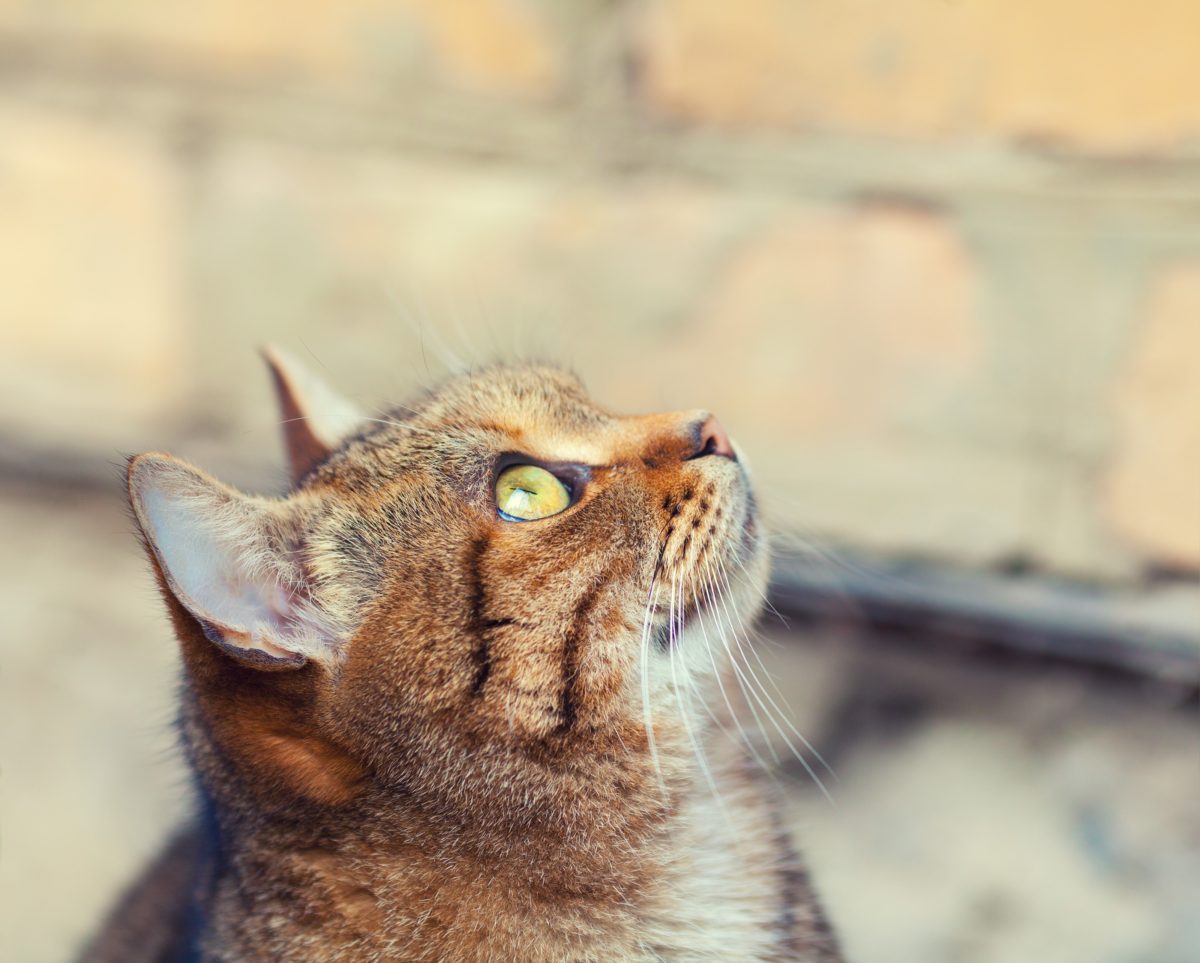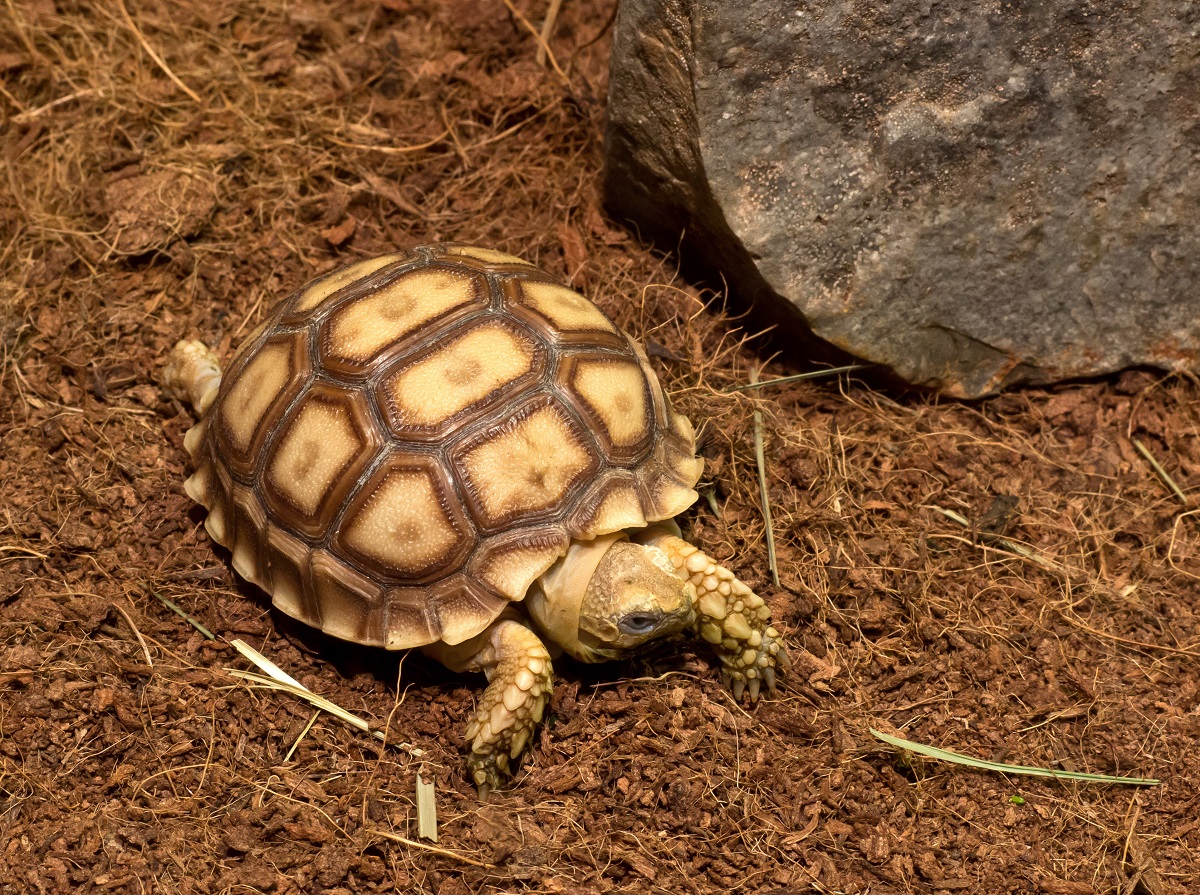
Can a cat and tortoise live together? Fish? Hamster? Mice? Chickens? Sheep?
Can a cat and tortoise live together?
![]()
![]()
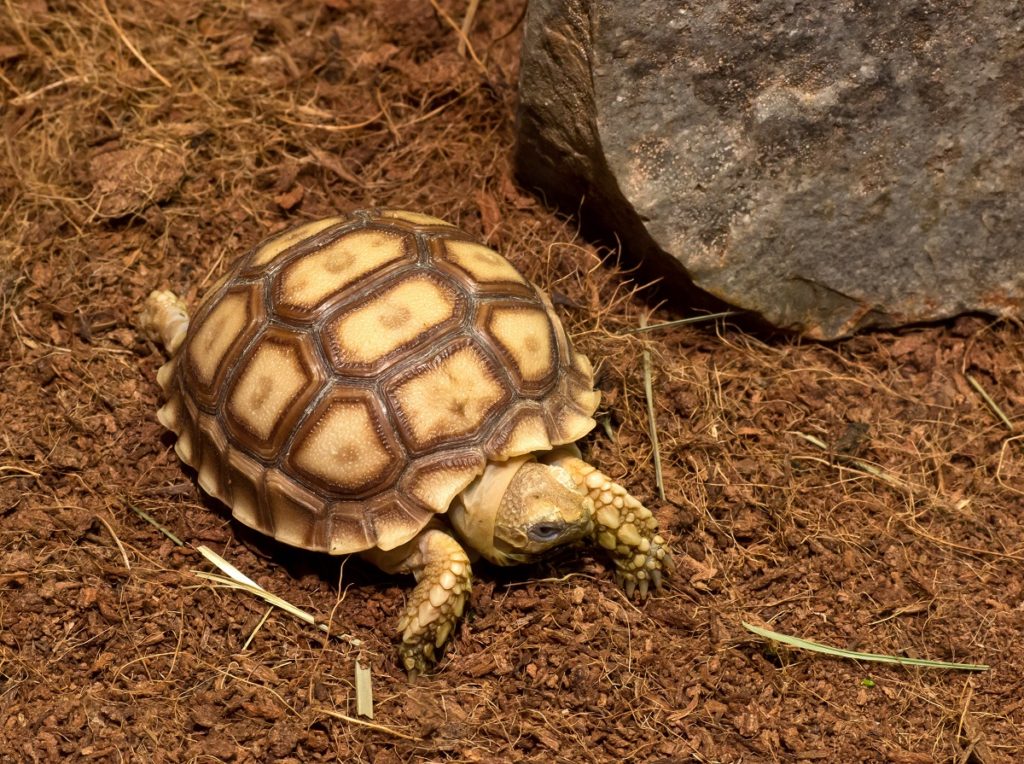
The short answer is, yes, cats and tortoises can live together. However, it is highly recommended that care and precautions are taken to ensure safety for both species. Cats and tortoises are not natural enemies, but neither are they naturally friends. There is likely to be an element of curiosity, wariness and they may simply just not know what to make of each other.
Kittens are known to be very agile and playful and will investigate anything and everything that twitches or moves. Seeing a tortoise peeking its head from its shell will be an invite for an inquisitive kitten. A kitten could scratch the tortoise with their playful claws. Likewise, the tortoise can bite, and could hurt the kitten. An energetic swiping kitten can be a frightening experience for the tortoise and could cause it stress. Supervision at all times is highly recommended when introducing kittens to tortoises.
It is also recommended that older cats are also supervised initially on first introduction to the tortoise. Most tortoise owners have noted, that after a period of time, their cats have tended to ignore the tortoise, and both live happily and safely together.
If either the cat or the tortoise continues to display signs of aggression, then it is not advisable to allow them access to each other unless closely monitored. If the tortoise is kept in a secure enclosure, both cat and tortoise will be safe. We are all aware how lithe and nimble a cat can be so please ensure care in ensuring the security of the tortoise enclosure. Although the cat or kitten may not be able to access the enclosure fully, a swiping claw can be enough to frighten or scratch a slow-moving tortoise.
Therefore, supervision is key. Allow both cat and tortoise time to get to know each other and become familiar with each other. Pay particular attention in observing young tortoises or kittens. If in any doubt, never leave them together unsupervised.
Can a cat and fish live together?
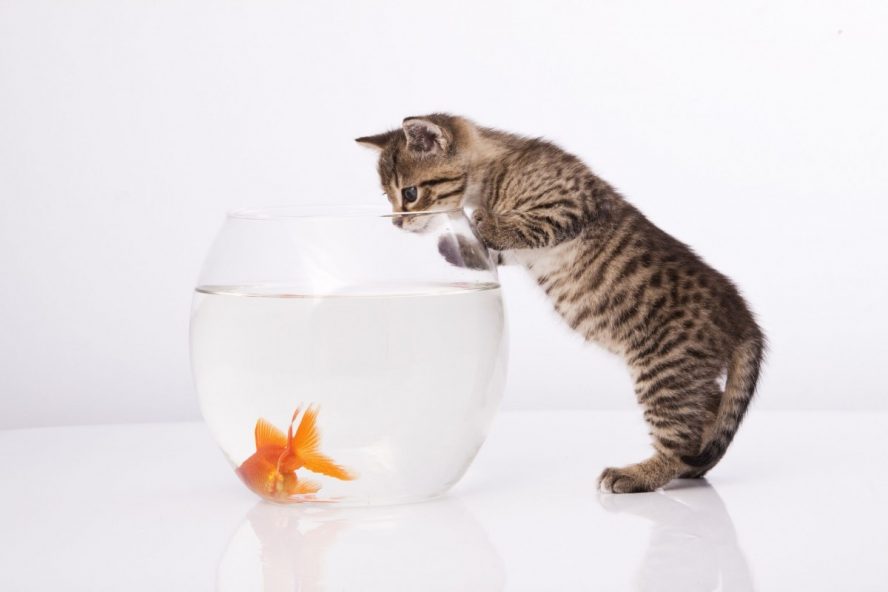
As long as the needs of both the cat and fish are met, they can indeed live together happily and safely. Protecting your fish against the natural instinctive hunting urges of cats is priority. To keep your fish safe:
- Keep fish in an aquarium with a secure lid. The lid should be closed apart from supervised feeding times to ensure the cat cannot get her paws in the water. An open bowl should most definitely be avoided.
- A sturdy, robust aquarium is recommended that would be impossible to be knocked over by a cat.
- The aquarium should be positioned somewhere that is inaccessible to the cat.
- If the cat seems persistent in trying to access the fish, then place the aquarium in a separate room.
- Cats do not like certain textures and smells. By placing these near the aquarium this may discourage the cat from approaching the fish. These textures include sticky surfaces or scrunched up tinfoil. The aroma of citronella, lemon and eucalyptus are very unappealing to cats and can be placed in the vicinity of the fish tank. .
When it comes to protecting your fish in outside ponds from cats, check out our article ‘Are ponds safe for cats?’. The article includes a section on how to protect the fish from cats.
Can a cat and guinea pig or hamster live together?
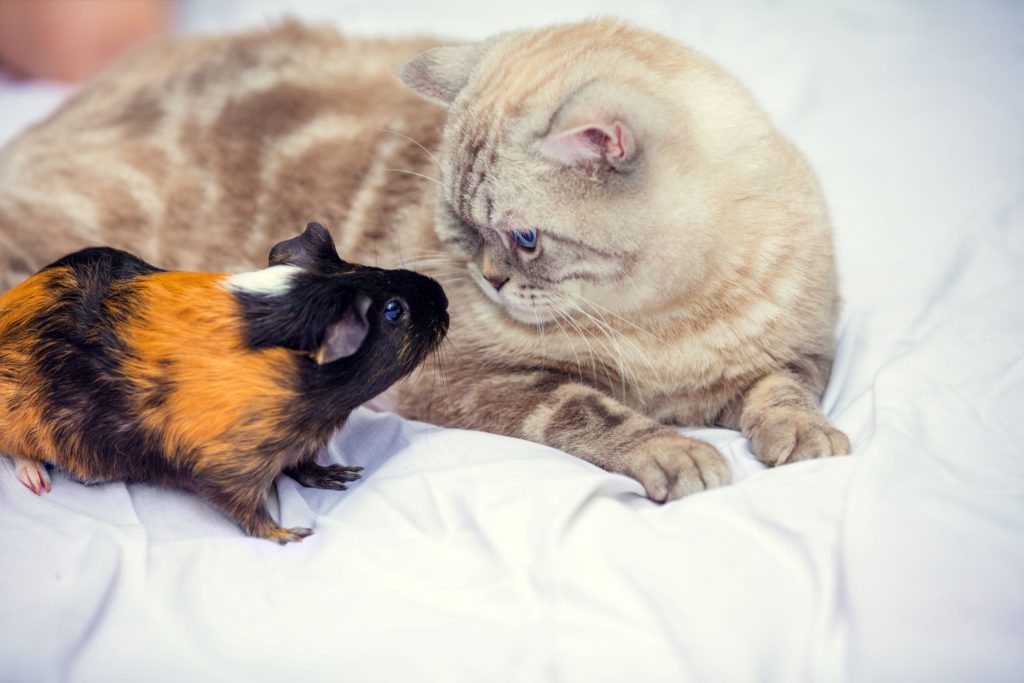
Before adding a guinea pig or hamster to your cat household or vice versa, careful consideration should be given. It is a well-known fact that cats love to hunt. It is a natural instinct in cats which stems from their pre domestication about 10,000 years ago when hunting was a means of survival. Although domestic cats do not need to hunt for their next meal, the urge to hunt still exists. The locating of their prey, chasing it, playing and toying with their prey can amuse a cat for hours. And guinea pigs and hamsters being small creatures, who move quickly, are perfect prey for cats. Therefore, if a guinea pig or hamster and a cat are to be living in the same household, the following consideration should be noted:
- The guinea pig / hamster should have a very secure cage. When purchasing a cage for your guinea pig hamster ensure that the latches are ones that cannot possibly be opened by your cat. Are the cage bars small enough to prevent a swiping paw getting through? Is the cage completely secure, i.e., no open top?
- When your guinea pig / hamster is having time outside the cage or rolling around in a hamster ball, ensure your cat is not in the room and cannot access the room at all. Always supervise your guinea pig or hamster when not in their cage.
- Even when the hamster is in the cage, it is best to keep the cage in a room which has little or no access by the cat. Being taunted, even in the safety of the cage, can be a stressful and distressing experience for these small pets.
- A good tip is to secure the cage to a wall or piece of furniture. If the cat does then happen to get near the cage, the cage cannot get knocked over.
Whilst a blossoming friendship between a cat and hamster is highly unlikely, they can both live safely, and independently happy, if safety precautions are taken. The same applies for gerbils and other such small furry pets.
Can a cat and pet mice live together?

Cats will see mice, whether a pet or not, as prey! When outside of its cage, the mouse will most certainly be in danger if there is a cat around. The mouse should be kept in a secure cage, as detailed in the section above on guinea pigs and hamsters.
The only type of mouse that should be let loose around your cat is a toy one!
Can a cat and chickens live together?
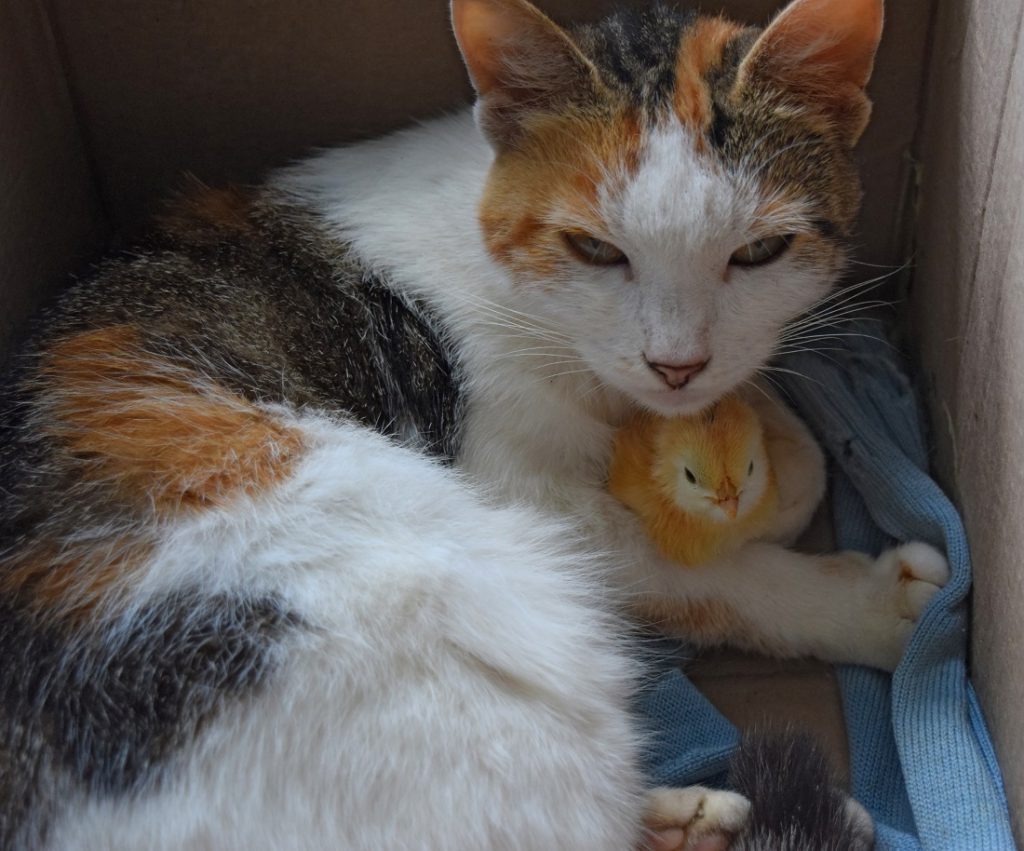
When thinking of harmonious animal friendships, cats and chickens do not immediately spring to mind. But these two species, can indeed, live together in harmony. As with any co-habitation of different species, the introduction to each other should be carefully supervised ensuring time and patience for them to get used to each other.
The chickens are likely to be at most risk, and in particular young and baby chicks. A large boisterous cockerel is much more likely to be able to take care of himself. On first introduction, it is highly likely that the cat’s primal hunting instincts will want to take over. Initial meeting between the cat and chicken should be when the chickens are safe in a wired enclosure or in a way that the cat cannot access them. After a few weeks, with supervision, a slow and supervised introduction without fencing can occur. Each animal is different and therefore it’s up to the owners to gauge what suits their animals and their circumstances.
Can a cat and rabbit live together?

Cats and rabbits can live together. If introduced when both are at a young age, there is a much greater chance of them getting along and may actually become companions! We’ve already explored this partnership in some depth in our article ‘Do cats eat rabbits? Can cats and rabbits get along?’ including tips on how to introduce them to each other.
Can cat and sheep live together?
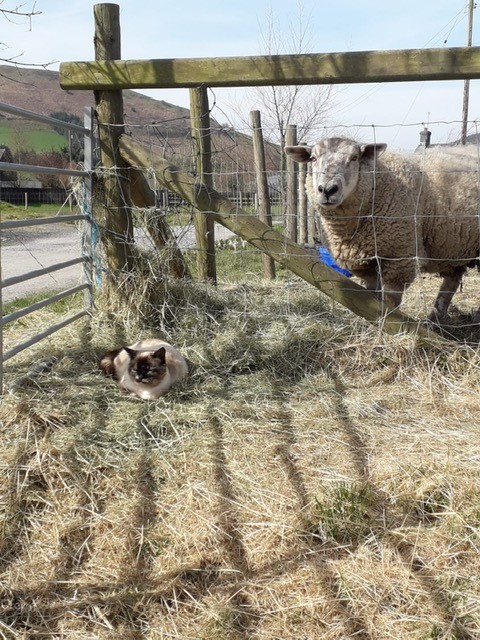
Yes, cats and sheep can live happily together. Our three pet sheep and two cats, one of which is an outside cat, are quite happy living together. Most of the time they do not take much notice of one another. They simply carry on with their own daily agendas. Cats are often a welcome addition for any smallholder, and are often seen on farms, mainly as outside cats and help control the mice and rat population.
There have been discussions regarding the transmission of toxoplasmosis to sheep from cats. The key factor is in storing the sheep food safely. If an infected host cat were to defecate on the food, and this be consumed by the sheep then there is a risk. For further information or concerns regarding this, it is best to speak to your veterinary.
Conclusion
Without a doubt there are some pets who will find it easier, and safer, than others to share a house with a cat. But there are general rules for happy co-habiting for all cat relationships:
- Consider the needs of both species.
- Slow and supervised with introductions and initial meetings.
- If it feels safe to let them be together, ensure supervision initially and monitor reactions closely.
- If in any doubt about your cat’s reaction do not leave them together unattended.
- We all know our cat’s personality and traits better than anyone else. Use this knowledge along with the above tips to do what’s right you’re your animal household.
______________________________________________________________________________________________________________________________________
Other articles you may find of interest:
Cats and hedgehogs – a complete guide
How to keep neighboring cats away from your cat – 14 top tips
Do cats eat rabbits? Can cats and rabbits get along?
